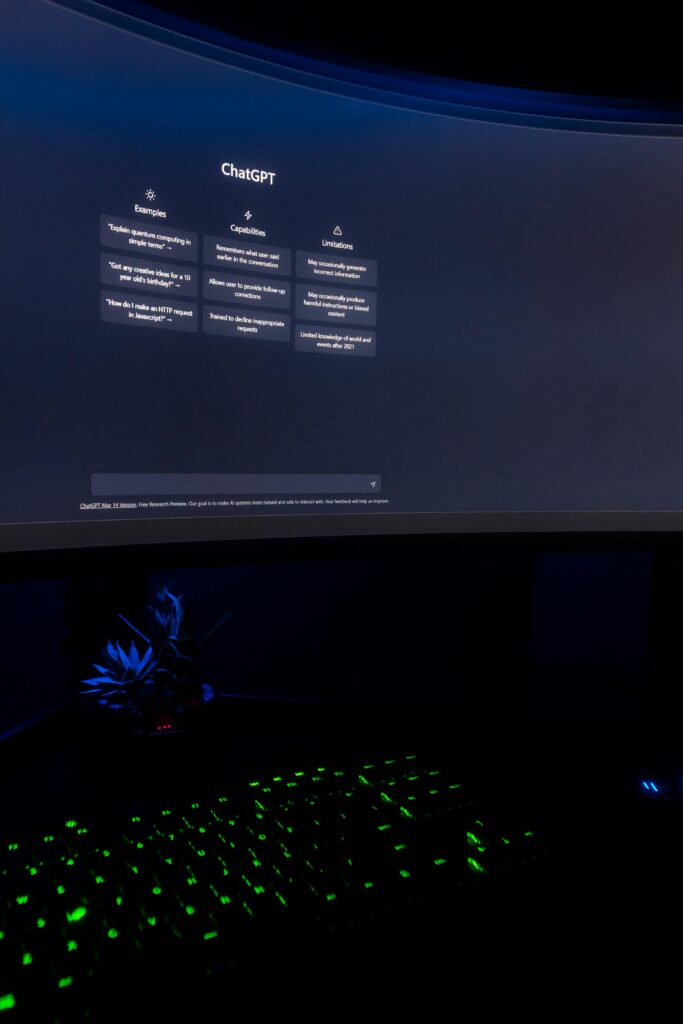
Launched on August 7, 2025, GPT-5 is OpenAI’s flagship multimodal model successor to GPT-4, GPT-4o, and other variants. It’s now live across ChatGPT, Microsoft Copilot, and the OpenAI API.
OpenAI’s internal system router smartly routes user queries to specialized model variants:
- gpt-5-main for fast responses
- gpt-5-thinking for deeper reasoning tasks
- The API also includes mini and nano versions optimized for speed and cost.
Key Features & Capabilities
- Coding & Development:
- GPT-5 achieves notable benchmark scores—74.9% on SWE-bench Verified and 88% on Aider polyglot, exceeding o3 by a wide margin.
- It also shines in frontend generation and debugging complex repositories.
- Agentic Task Mastery:
- Excels in multi-step tasks, scoring 96.7% on the τ²-bench telecom tool benchmark, showcasing robust toolchain navigation and error handling.
- Writing & Creativity:
- Enhanced narrative styling enables better handling of poetry, iambic meter, and structurally nuanced text.
- Multimodal & Safety:
- Trained from scratch as a native multimodal model (unlike GPT-4’s sequential training), GPT-5 incorporates text and images in one architecture.
- Enhanced factuality: ~80% fewer hallucination errors and improved instruction adherence.
- Enterprise Integration:
- Available in Azure AI Foundry, GPT-5 supports enterprise-grade security and model selection via an AI-driven router. GitHub Copilot, Visual Studio Code, and other tools now leverage its reasoning power.
Real-World Impact: Strengths & Concerns
Positive Outcomes
- Medical Domain:
- GPT-5 outperforms prior models across medical reasoning tasks—up to +20% gain on anatomical reasoning tasks and achieving 90.7% accuracy on physics board questions.
- In radiation oncology, it achieved a 92.8% mean accuracy with strong correctness and comprehensive treatment recommendation ratings.
- Across broader benchmarks like lesson planning and ethical reasoning, experts rated GPT-5 significantly higher than GPT-4.
Criticisms & Limitations
- Community Backlash:
- Some users found GPT-5 tone cold or sterile compared to the warmer GPT-4o, leading to backlash. OpenAI reinstated GPT-4o for Pro users within 24 hours. CEO Sam Altman acknowledged underestimating the importance of consistency in AI companionship.
- Broader Disillusionment:
- Analysts note that despite solid benchmarks, many enterprises continue seeing limited business value from generative AI. GPT-5’s mainstream rollout is perceived as incremental rather than transformational.
- Expert Skepticism:
- Critics like Bill Gates warned that GPT tech may have plateaued post-GPT-4, citing high costs and diminishing marginal gains.
GPT-5 marks a notable advancement in intelligence and performance—but the human-AI relationship landscape is shifting. OpenAI’s next challenge is not just building smarter models, but making them feel meaningful, emotionally consistent, and valuable in real-world settings.
Visited 5 times, 1 visit(s) today
Last modified: September 5, 2025












